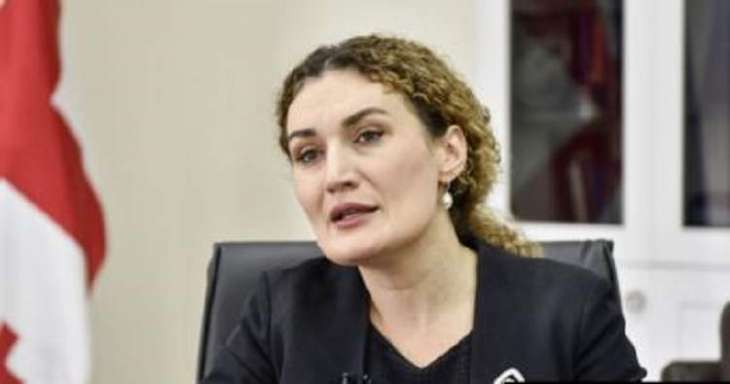Georgian State Minister for Reconciliation and Civic Equality Ketevan Tsikhelashvili told Sputnik on Friday that the relationship between Tbilisi and Moscow may get better if Russia's new government reversed its attitude toward Georgia and its sovereignty
TBILISI (Pakistan Point News / Sputnik - 17th January, 2020) Georgian State Minister for Reconciliation and Civic Equality Ketevan Tsikhelashvili told Sputnik on Friday that the relationship between Tbilisi and Moscow may get better if Russia's new government reversed its attitude toward Georgia and its sovereignty.
On Wednesday, Dmitry Medvedev unexpectedly resigned as Russia's prime minister hours after President Vladimir Putin announced sweeping changes to the constitution and an innovative approach to the country's economic management. Mikhail Mishustin, who had served as director of the Federal Tax Service since 2010, was appointed to replace Medvedev. A reshuffling of the cabinet ministers will now follow.
"We don't want a confrontation with anyone. We are a peaceful state and want to have normal relations with all our neighbors ... If a change in the Russian government is somehow connected with a change in Russian positions regarding Georgia in terms of respect for the sovereignty and territorial integrity of the country, then we can talk about certain changes in relations," Tsikhelashvili said.
The relationship between the two countries soured in 2008 after Russia recognized the former Georgian regions of Abkhazia and South Ossetia as independent states and helped protect them from Georgian troops trying to reestablish control during a five-day military offensive.
Tensions rose once again in June 2019 when massive protests broke out in the Georgian capital after a Russian lawmaker participating in the interparliamentary assembly addressed the national legislature from the speaker's seat, a move that was seen as offensive by the Georgians.




